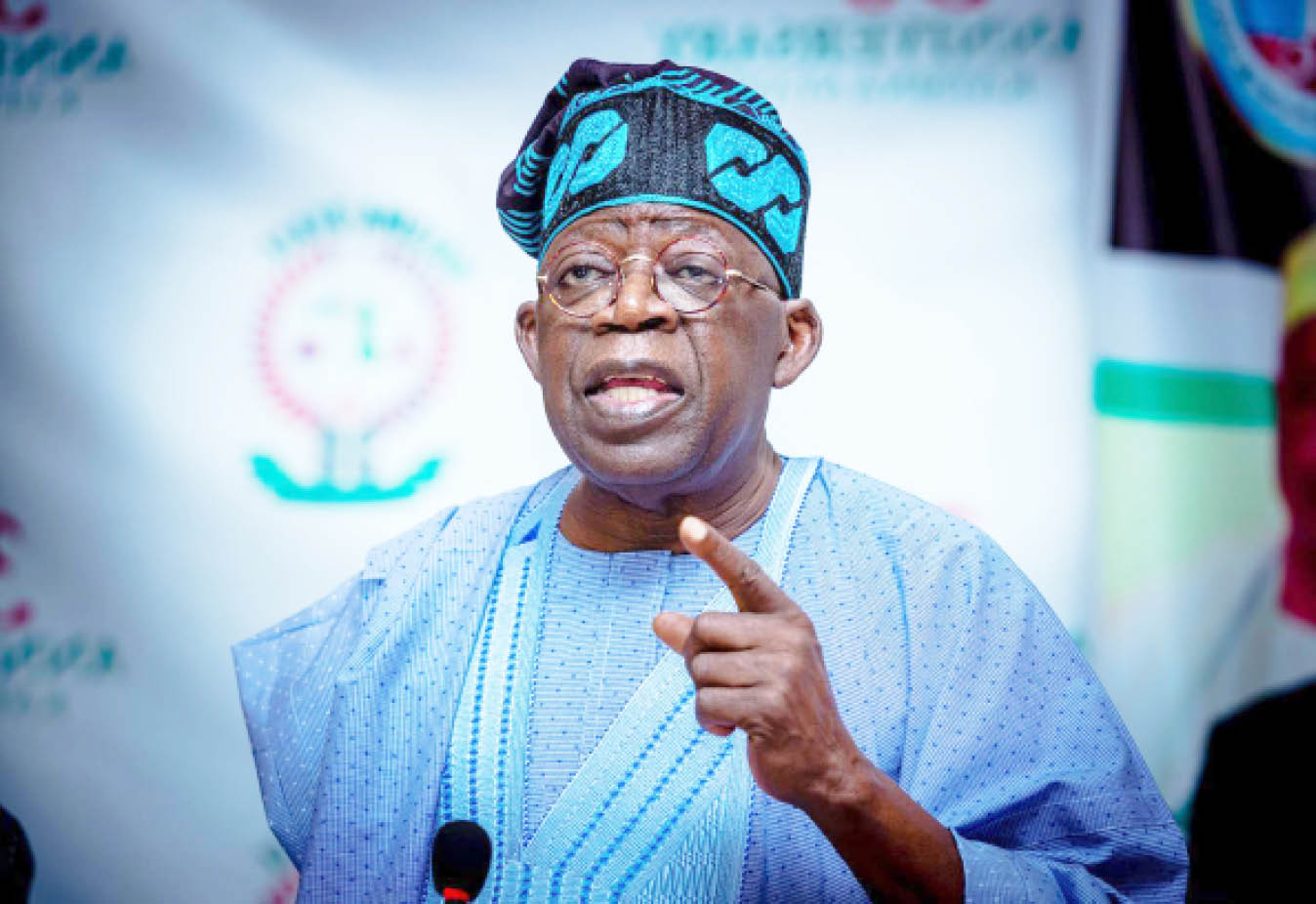- Seamless Transition
Nigerians must choose whether they want to spend the next four years at least, bellyaching and complaining about how things are bad, or whether they want to really get on with the work of economic development, bearing in mind that we will all have to make sacrifices. It is the sacrifice part of it that may be very problematic. Most thinkers believe that indeed Nigerians are not yet ready for change. We love to just have a government up there to rail about and this attitude – if we are to believe the early missionaries who came to Africa, including colonial administrators – has been with us for long.
Prosperity is a mindset thing and has little to do with having the biggest houses or the fattest bank accounts. But we misunderstand it here, and if we were called to contribute towards really making society a better place, most of us will resist. Bola Tinubu has promised a few of those in his manifesto.
So, if we want a seamless transition, we should think about Tinubu. For one, he will have no excuses. He cannot sit and complain about how Buhari has ruined the economy or anything of that sort – even though in retrospect yes, the Buhari government had a bad start, took some very terrible decisions, but also laid the grounds for success for its successor. Tinubu cannot also try to portray Buhari in a bad light since they belong to the same party, and he is alleged to be one of Buhari’s chief sponsors. He has also openly accepted to take on the assets and liabilities of Buhari’s government, which is the honourable thing to do.
- What the manifesto says
I should round up with some remarkable snippets from the manifesto. The chief one for me is the commitment to 10 per cent GDP growth. As a fact, I know that a Tinubu government can do better than that and from what I’ve seen so far Tinubu will astound this country with his team. And there will be no gloating. Buhari tried his best, but asides from initial missteps in the beginning he was plagued by ill-luck (crude price crashes and the terrible COVID-19). COVID-19 was especially a devastating phenomenon, which has seen the backs of many governments around the world. For Nigeria, it resulted in a large exposure of the government to the central bank. We just had to survive. And the government did the needful. So, the next few years for Nigeria should be able to work, work, work, productivity, innovation and reorganisation.
A famous, no-nonsense critic and influential thought-leader Ademola Henry Adigun shared these critical but surprisingly encouraging remarks on his Facebook page:
“I have read the APC manifesto. A good read. Clear on deliverables. Good on managing the FX challenge. Great on growing the oil sector. Weak in addressing security.. more theoretical than practical. Great on simplicity and syntax. Not clear on tackling corruption.,
If APC wins, and implemented…there might be some gains for the economy”.
A sampling of provisions in the manifesto include:
- Creation of ABATTS (anti-terrorists battalions). Something akin to American SWATs but focused on this terrorist challenge which must be tackled. The Buhari government has made a dent in many places. The finishing touches must now be added.
- Mass employment of youths in security, environment, education and health sectors, while reorganising the public service for better efficiency (I reckon this means rationalising of the service by transferring many to where they will actually have work to do, not merely pushing files around).
- Transfer of VIP protection to NSCDC. (I personally believe VIPs should pay officially into the security fund for this privilege. Good money)
- Better fiscal responsibility and a new revenue allocation formula to give states and local governments a higher cut.
- Refocus of budget away from only crude oil. (I believe this means that stronger revenue assumptions will be made – especially the contributions of our Government Owned Enterprises and the non-oil sector). Also the manifesto states that deficit limits will be set but profound expenditure budgets will be drawn, that will drive the economy.
- De-dollarization of economic base. Stoppage of the idea that without crude oil sales, government cannot spend (part of our current challenge is the over-concentration on crude oil proceeds despite the volatility of that sector and its shrinking impact on our economy due to oil theft. I reckon that life is telling Nigeria to move on).
- Hiring millions of unemployed people to modernise (and maintain) infrastructure
- Luxury taxes to reduce import dependency
- Pursuit of a stronger and more stable exchange rate.
- Limiting foreign currency debts by contracting such only for projects with good cash flows
11.Major and minor industrial hubs in each political zone
- Banks to engage in consumer loans or pay penalties to CBN.
- Review the Land Use Act. Rationalize land conveyance process
14.Increase cultivated arable land from 35% to 65% through massive land clearing
- Commodity boards / commodity exchanges for the crops in which we are doing great- cocoa, cashew, sesame, soya, cassava, yam, palm oil, rubber, okra, etc
- Storage and small processing facilities in farming areas to reduce/eliminate post-harvest losses
- Universities and polytechnics to be centres of research to bring more power to rural areas through innovation
- State governments to build metro services linking national rail lines
- Embark on serious dredging of strategic inland waterways. This will further open up the transport sector but also reduce incidences of flooding.
20.Reintroduce history, civics and indigenous languages to schools
21.Reposition student loans and institute a more cost-reflective tuition fee. Also establish Special Education Fund consisting of zero-coupon bonds. Private investors will help fund universities
- Establishment of Media City and provision of specific infrastructure for entertainment industry
- 20% of political appointments for Nigerians below 40 years old. Plus at least 3 cabinet positions
- Aim to increase women participation in governmental positions to 35%
25.Cash transfers to poor families to be tied to the compulsory education of their children
Like the critic opined, just a quarter of these and we will have altered something profoundly in Nigeria. Nigeria may be about to turn the corner if our luck holds for a bit. I believe strongly that we can achieve more than 50 per cent of the promises. Let us forgive ourselves in this country. There is time to resolve all grievances. We must recover our country together, and our lost image.

 Join Daily Trust WhatsApp Community For Quick Access To News and Happenings Around You.
Join Daily Trust WhatsApp Community For Quick Access To News and Happenings Around You.
